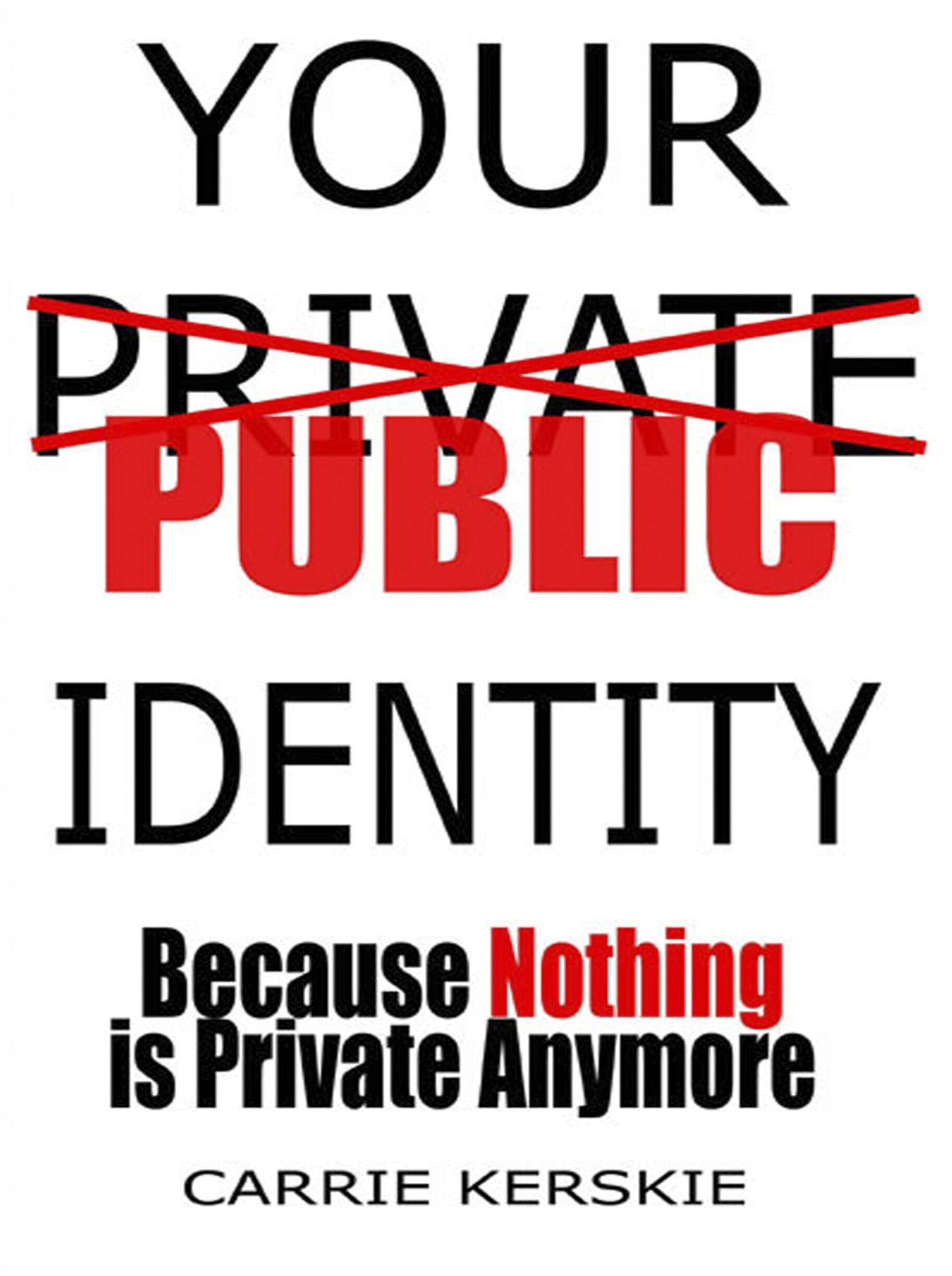When the news broke about the NSA, and everyone seemed to be horrified, shocked, and amazed that it was allowed to happen. Invasions of privacy such as this happen on a daily basis in every state and every city. Don’t believe me? Recently I wrote about Target’s new marketing algorithm that monitors your purchases by your credit card number, which led to a dad finding out his daughter was pregnant via coupons for pregnancy supplies. Or how about the public wi-fi that recognizes your smartphone even if you don’t log on? Or how about the number of times per day your image is captured on security cameras? Or even better, how about when you allow smartphone apps to use your location for “checking-in”?
The recommendation here is for people to consider what is going on around them in this age of growling reliance on technology. Majority of people don’t understand what happens to their information when they willingly put it out there. Many think it’s safe because their profile is “private.” Nothing on the Internet is truly private. You are willfully disclosing your information to an organization that stores the information on its servers to do with as they see fit. Ever wonder why after you searched for something on Google you start seeing ads for the exact same thing in your email inbox?
Here is something else to consider. Almost everything we do today is stored in the memory of a hard-drive, on a server or in the cloud. In fact the Library of Congress has been archiving tweets since March 2006. But that is not all they archive. By April 2010 the Library of Congress had over 167 terabyes of web-based information. I can only imagine the amount of data they have on file today.
Let’s not forget to talk about the “cloud”. The cloud is where you store your data, music, videos and images on a server that is owned by a company. In other words, you are renting a storage unit from the local you-store-it center except this one is in cyberspace. Sounds like a great idea. You can access your data from any computer, smart phone, or tablet as long as you have Internet access. Unfortunately the cloud, like most services offered in cyberspace are not 100% secure. Don’t believe me – think about Dropbox or iCloud. Both of these experienced data security breaches in the past year or two. Another point to consider is, do you know where the cloud servers are located? You might be surprised to learn that many of these companies resell space on servers in foreign locations (China, Russia, etc). Once it is on their servers they can do with it as they see fit. Yes there are privacy laws but the vary by country, industry and are only valid if they are enforced.
So to sum up my rant for today – privacy as we know is dead and often it is through our own actions. Before you sign up for any online service (social network, data storage, apps, etc) read the privacy policy and the terms of service agreement. Often these will spell out what the company can and cannot do with your information. But this is not always a guarantee. Another tip is to research the company and ask questions such as “where are your servers located?” But the best tip of all is – if you are not willing to put it on a billboard on the highway, don’t put it on the Internet. I’ll get off of my soapbox now.


